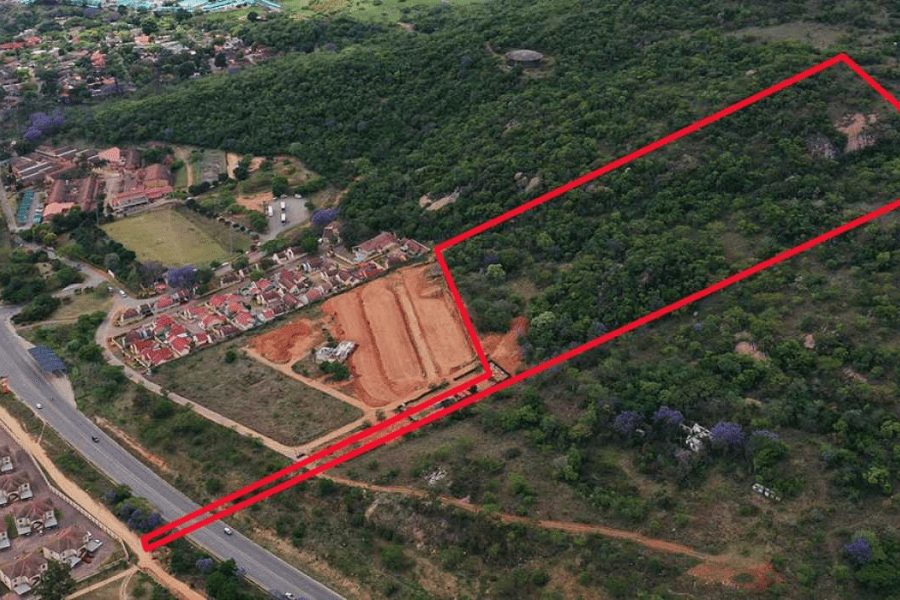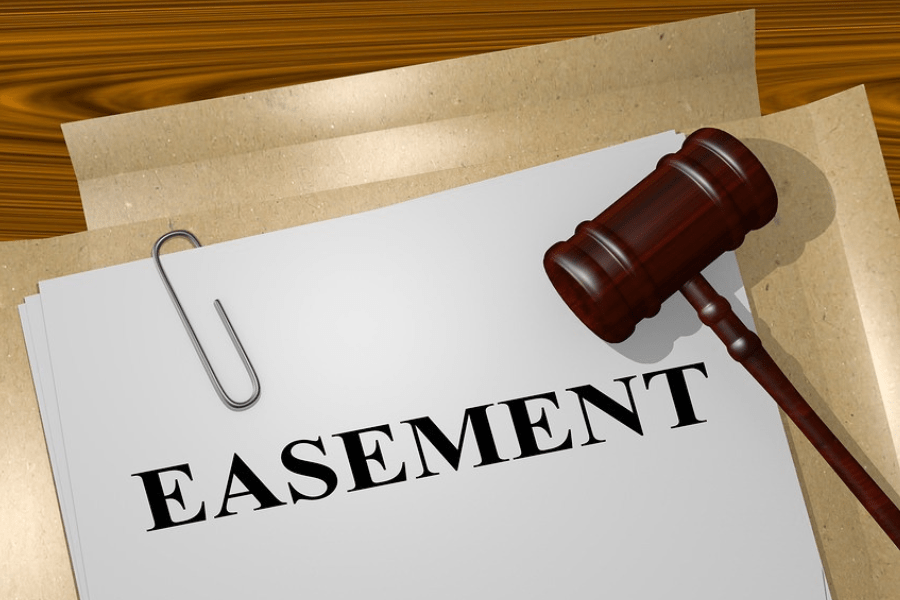What is Landlocked Property and How to Use it?

A piece of real estate is said to be landlocked if it does not have access to a public road and the only way to get there is to pass via the property of another landowner.
Landlocked real estate may be an interesting opportunity for investment; however, there is a possibility that it may contain legal problems due to the fact that you will require an easement in order to legally access the property. If this is the case, there is a possibility that the property may contain legal problems. You shouldn’t gamble if you have the ability to be informed before making a transaction instead. Before committing to any sort of deal, it is important to consider the advantages and disadvantages of purchasing a landlocked property, as well as the function of easements and the processes that are necessary to get one.
Landlocked Property: What Is It?
Since the Act was passed in 1836, the owner of the landlocked property has had the ability to petition the court of common pleas in the county where the property is located for a Board of Viewers to lay out a road on neighboring property so that the landlocked property can have access to a public road. If the petition is granted, the Board of Viewers will be responsible for laying out the road on the neighboring property. According to the decision of the Board of Viewers, the owner of the landlocked property would be the one responsible for paying any damages that were incurred as a result of the construction of the road. One of the approved advantages of the Act was that it enabled the supply of the instruments necessary for reaching areas of land across the state that would have been unreachable and unproductive otherwise.
The legality of this remedy, as well as its availability to rectify the issue, has been called into question, however, by a number of recent rulings that appellate courts have decided on the same topic. These rulings have been decided on the same subject. The establishment of the general public as the major and preeminent beneficiary of the opening of a road to a landlocked property is the new condition that a landlocked property owner must meet in order to qualify for the opening of a road to their property. This condition was introduced as a way to ensure that the general public receives the greatest possible benefit from the opening of a road to the landlocked property. In the absence of these judgments, the purchase of another person’s property in return for the right to use it as an access easement would constitute an illegal seizure of that land. This would be the case even if the land was being used for access easement purposes.
In the past, landowners in some rural regions often transferred agricultural holdings combined with a wood lot that was situated on adjacent property. This was common practice. The majority of the time, the wood lot and the agricultural land were not linked, and the wood lot did not front a public road. In addition, access easements to public highways were not always granted clearly and transparently. An argument that access to a previously inaccessible right of access should be granted because it is a matter of “legal necessity” or because it has some other meaning that is recognized by the law may, in certain instances and under some conditions, render the right People who do not have the backing and assistance of a landowner in the surrounding area and/or the financial means to pay for an in-depth investigation into the property’s title history will find it extremely difficult to gain access to the landlocked property as a direct result of the recent decisions handed down by the appellate courts in Pennsylvania. This will make it extremely difficult for people to gain access to landlocked property.
Who is entitled to the right of way, and how does this differ from an easement?
Both a right of way and an easement are not the same thing, despite the fact that there are certain similarities between the two. A right of way is typically a passageway that is open to the general public and may be used in any form, such as a road or sidewalk that provides access to a parcel of private land for pedestrian or vehicular traffic. This type of passageway may also be called a public right of way or a public easement.
The majority of the time, an easement will only provide permission for use to a certain person or organization, such as the owner of the property next door or a utility company. This is the case since easements were originally created to make it easier for people to use land.
Here at Mrlandseller, we provide a platform for everyone who is interested in buying land.
You can contact us and use our teams to help you through the process to the end.
You can also follow us on social media to be the first one to find out about our new properties (https://www.facebook.com/MrLandSeller/)



